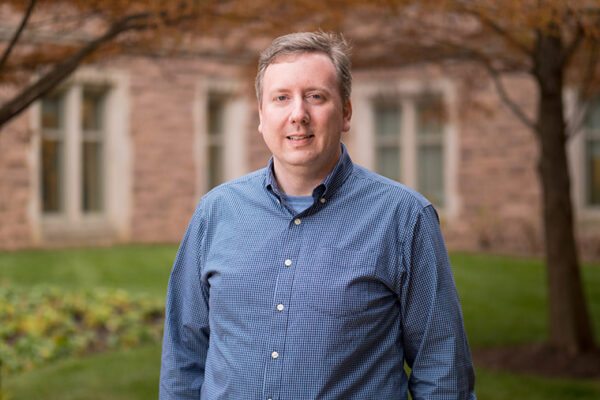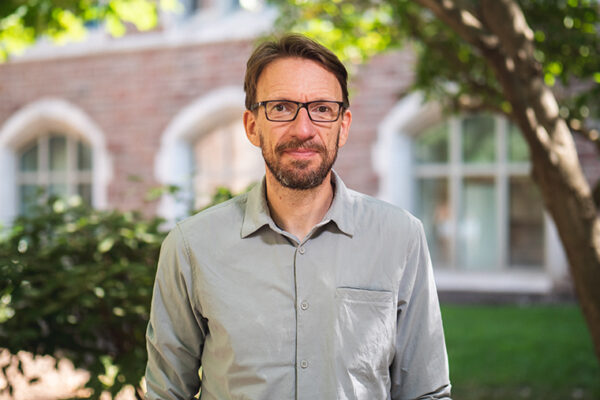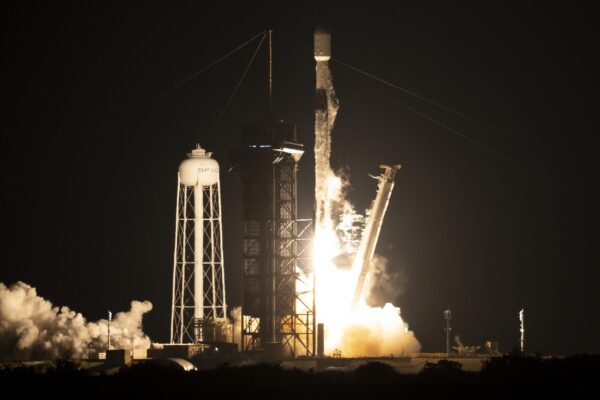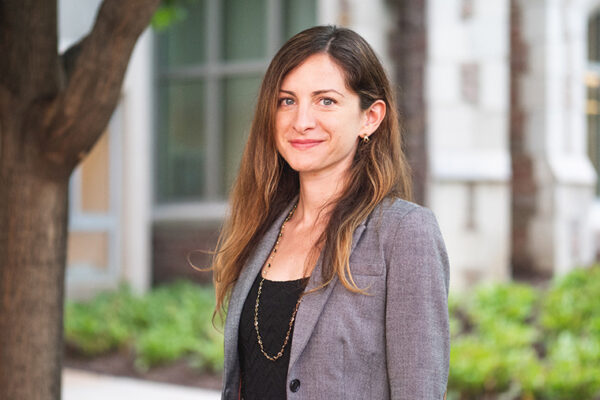Catalano wins NSF grant
Jeffrey Catalano, professor of earth and planetary sciences in Arts & Sciences, won a $295,464 major research instrumentation grant from the National Science Foundation to acquire a laboratory-based X-ray absorption and emission spectroscopy instrument.
Krawczynski, Nagy receive NASA grant
Henric Krawczynski and Johanna Nagy, in the Department of Physics in Arts & Sciences, received a two-year $459,050 award from NASA to test an array of quantum sensors on a one-day balloon flight to launch from New Mexico in 2023.
Expanding the X-ray view of the universe
X-ray telescopes observe the most extreme and hottest objects in the universe. Physicists in Arts & Sciences at Washington University in St. Louis are playing key roles in the first dedicated X-ray polarimetry missions, including one that launched this month.
Holiday lights recycling drive on campus
The annual holiday lights recycling drive is again taking place this winter, with various collection bins on the Medical and Danforth campuses. The drive runs through Jan. 31.
Konecky to research the tropical high Andes
Bronwen Konecky, assistant professor of earth and planetary sciences in Arts & Sciences, won a $239,375 award from the National Science Foundation.
Research brings analog computers just one step from digital
Xuan “Silvia” Zhang’s lab at the McKelvey School of Engineering has reached a theoretical limit for efficiently converting analog data into digital bits in an emerging computer technology.
Lodders and Fegley to study stellar chemistry
Katharina Lodders, research professor, and Bruce Fegley, professor, both in the Department of Earth and Planetary Sciences in Arts & Sciences, won a $505,505 grant from the National Science Foundation for stellar chemistry research.
How do others help us regulate emotions?
Research from the lab of Renee J. Thompson in Arts & Sciences investigates how we reach out to others to help regulate our emotions.
Covey, Milbrandt, Moran named to National Academy of Inventors
Washington University in St. Louis faculty from the School of Medicine and the McKelvey School of Engineering have been elected fellows of the National Academy of Inventors, the highest professional distinction reserved solely for academic inventors.
Something’s up
Rajan Chakrabarty and Randall Martin research fine particulate matter, trying to create a complete picture of the world’s leading cause of environment-related diseases.
Older Stories








